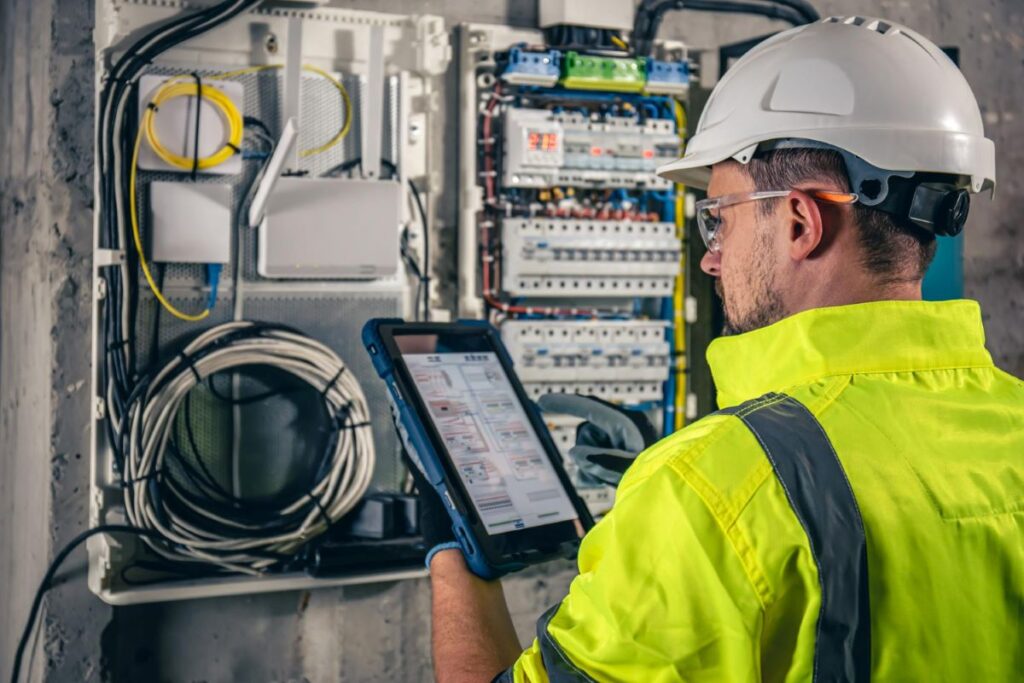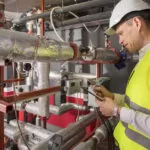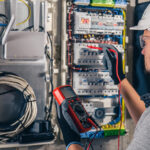As a responsible building owner in the great state of Texas, you understand the importance of adhering to energy codes to not only save on utility costs but also contribute to environmental sustainability. One key aspect of ensuring your building’s compliance with energy codes is undergoing an energy code analysis inspection. In this article, we’ll guide you through the process, providing insights that are easy to grasp, ensuring that you are well-equipped to navigate the complexities of energy code analysis inspections.
Table of Contents
Understanding Energy Code Analysis Inspections:
Energy code analysis inspections are a crucial step in guaranteeing that your building meets the energy efficiency standards set by the state of Texas. These inspections focus on various components, such as the insulation, lighting, HVAC systems, and overall building envelope. The primary goal is to assess how efficiently your building utilizes energy and identify areas for improvement.

To prepare for an energy code analysis inspection, start by familiarizing yourself with the specific energy codes applicable in Texas. The Texas Administrative Code (TAC) outlines the guidelines and requirements that your building must meet. These codes are in place to promote energy conservation, reduce environmental impact, and enhance the overall efficiency of buildings.
Choosing a Certified Inspector:
Selecting a certified energy code analysis inspector is a crucial decision that can significantly impact the outcome of your inspection. Look for inspectors who are accredited and well-versed in Texas-specific energy codes. A certified inspector will not only possess the necessary expertise but will also provide you with valuable insights into energy-efficient practices tailored to your building’s unique characteristics.
Engaging with a certified inspector is a collaborative effort. Share relevant information about your building, such as construction materials used, HVAC systems, and any recent renovations. This open communication ensures that the inspector can tailor their assessment to your building’s specific needs, offering more accurate recommendations for improvements.
Preparing for the Inspection:
Before the inspection date arrives, take proactive steps to prepare your building. This includes routine maintenance checks on HVAC systems, ensuring proper insulation, and replacing outdated lighting fixtures with energy-efficient alternatives. Address any existing issues that may impact your building’s energy performance, as these can be flagged during the inspection.
Consider conducting a preliminary self-assessment using available online tools. This can help you identify potential areas of concern and prioritize improvements. Additionally, keep documentation related to your building’s construction and any modifications made over the years, as this information will be valuable during the inspection process.
The Inspection Process:
On the day of the inspection, ensure that all relevant areas of your building are accessible to the inspector. This includes utility rooms, crawl spaces, and other typically overlooked spaces. The inspector will conduct a thorough examination, checking for compliance with insulation requirements, the efficiency of lighting systems, and proper functioning of HVAC equipment.
During the inspection, feel free to ask questions and seek clarification on any issues raised by the inspector. This collaborative approach fosters a better understanding of the recommendations provided, allowing you to make informed decisions about necessary improvements.
Interpreting the Inspection Report:
Upon completion of the inspection, you will receive a detailed report outlining the findings and recommendations for improving your building’s energy efficiency. Take the time to carefully review this report, paying attention to areas that require immediate attention and those that can be addressed over time.
Prioritize recommendations based on their impact on energy efficiency and your budget. Some improvements may involve simple, cost-effective measures, while others may require a more significant investment. Consider creating a phased plan to systematically implement the recommended changes, ensuring a gradual and manageable process.
Accessing Incentives and Rebates:
In Texas, various incentives and rebates are available to building owners who invest in energy-efficient upgrades. Take advantage of these opportunities to offset the costs associated with implementing improvements recommended in the inspection report. Government programs, utility company incentives, and tax credits can significantly contribute to the overall affordability of enhancing your building’s energy efficiency.
Conclusion:
In conclusion, navigating energy code analysis inspections as a building owner in Texas is a strategic and worthwhile endeavor. By understanding the inspection process, choosing a certified inspector, preparing adequately, and interpreting the inspection report, you can position your building for increased energy efficiency and long-term cost savings. Embrace the opportunity to contribute to a more sustainable future while reaping the benefits of a well-optimized and energy-efficient property.




